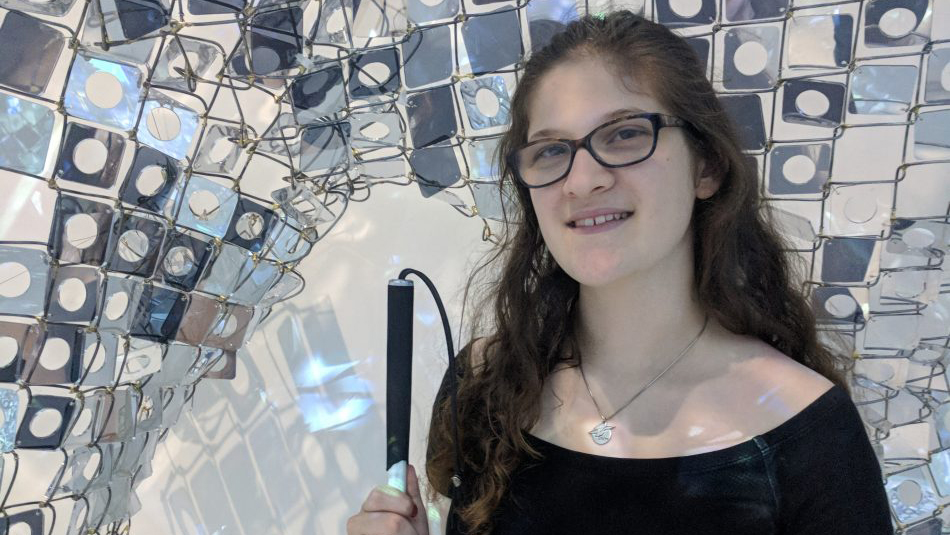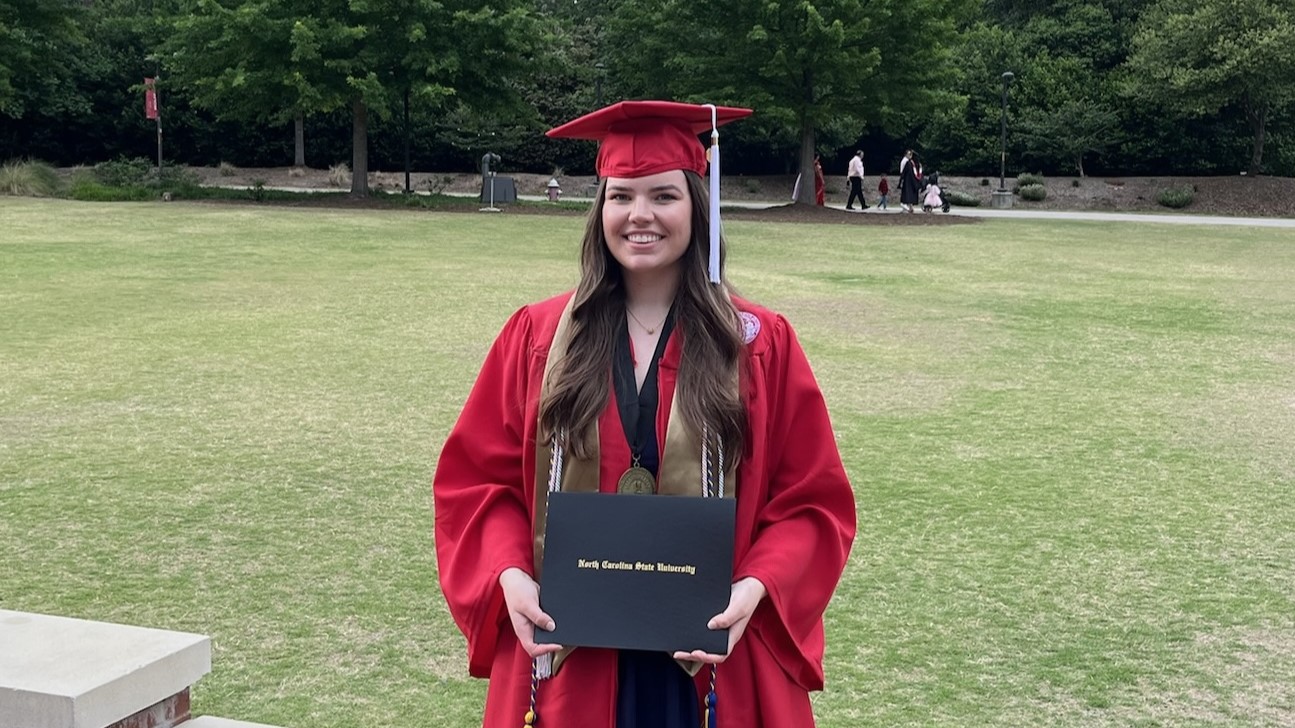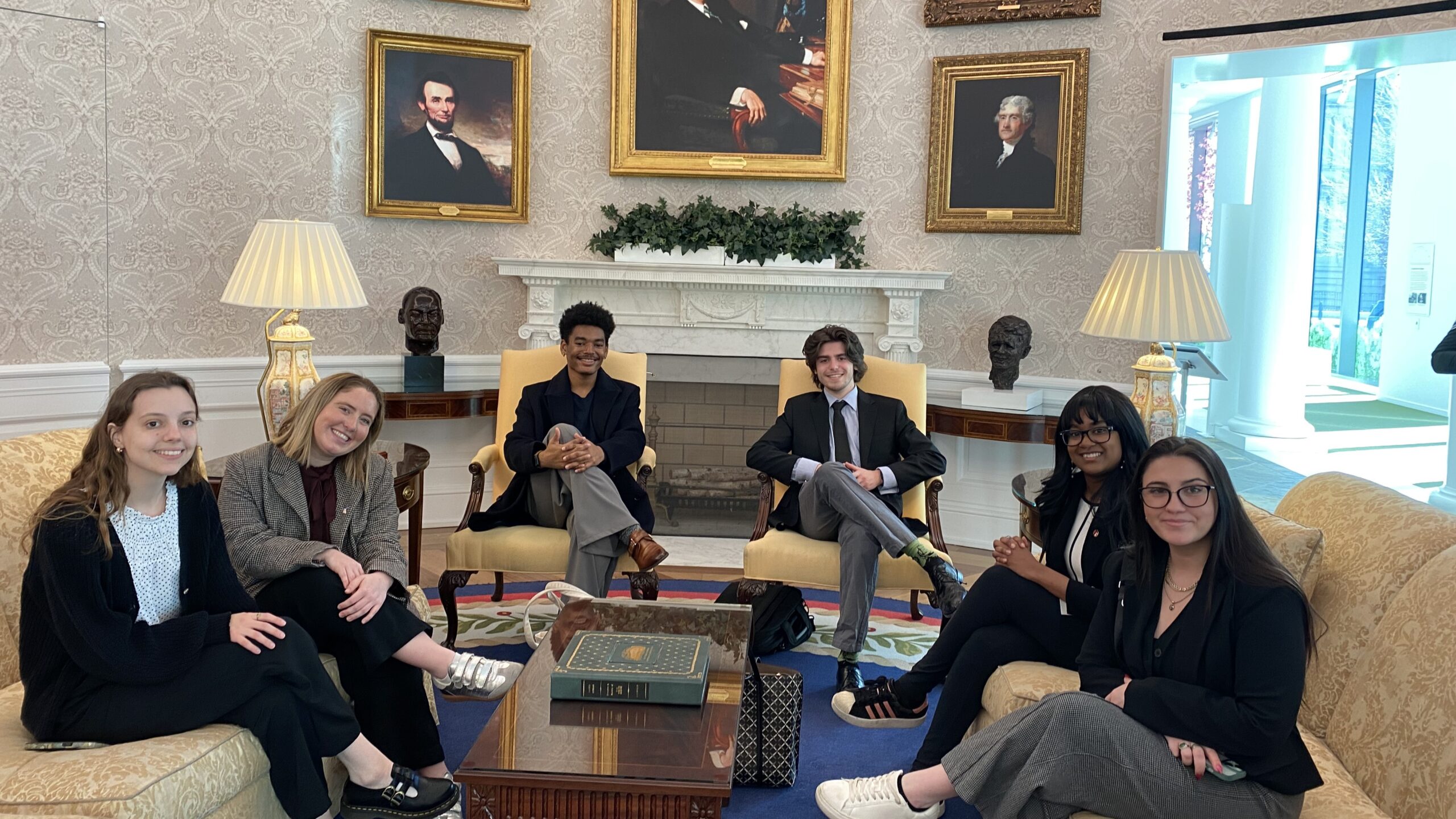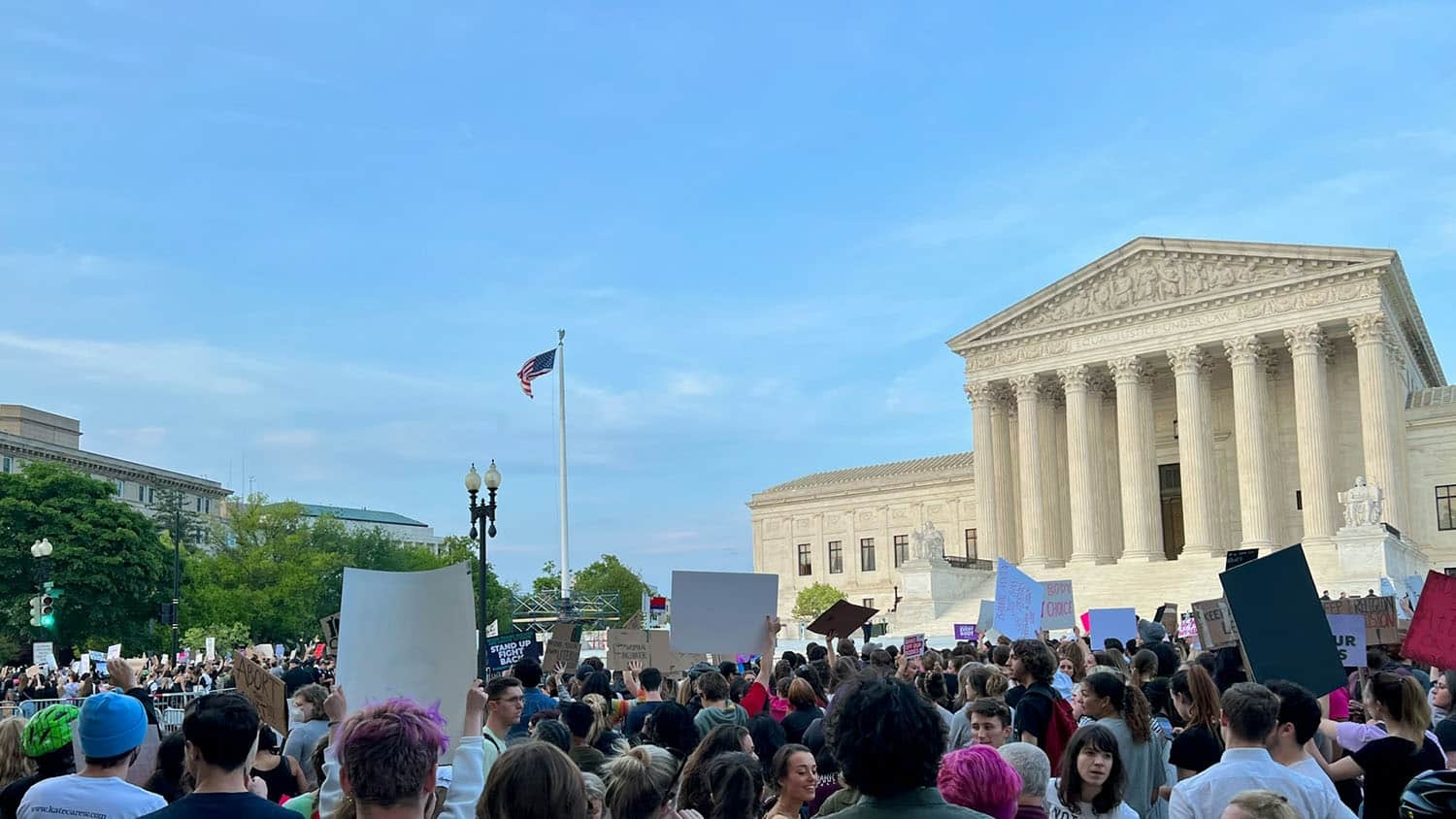Combining Political, Computer Science at the Princeton Gerrymandering Project

For the past few months I’ve been interning with the Princeton Gerrymandering Project as a data communications intern, which has allowed me to combine my technical and political interests into one experience. As someone who’s studying Political Science and Computer Science, it isn’t too often that I’m able to find an opportunity that allows me to use both my social science and engineering skills at once, so it was incredibly exciting to find out that I had been offered this opportunity.
As an intern I’ve been able to attend the state legislature redistricting hearings, work with map data and redistricting software to create my own North Carolina district maps, and redesign portions of the Princeton Gerrymandering Project web application. Attending the redistricting hearings not only taught me a lot about how maps were being redrawn, but also helped me reflect a lot on both the importance and shortcomings of local government. Having to physically attend the hearings also reminded me of how inaccessible government can often be; I experienced firsthand the unpredictability of committee meetings, the unusual start times & delays that came along with the hearings, and the difficulties of finding efficient transportation to government buildings.
Working with map data and redistricting software gave me hands-on experience with analyzing and transforming geospatial data. I had never worked with geospatial data before, so I really enjoyed having the opportunity to learn some new technical skills that I can apply in the future. Redesigning portions of the Princeton Gerrymandering Project web application also allowed me to learn a new fronted JavaScript framework that is often used in the tech industry, and I was able to utilize the software engineering skills I have learned in my Computer Science coursework to change how some of the existing code was written. I also learned a lot about effective data communication, and in doing so have been able to create my own maps and data layouts that help users digest state-by-state information about gerrymandering.
While the foundation for much of the work I have been doing as an intern, both at the Princeton Gerrymandering Project and previous internships, is certainly rooted in my coursework, internships have given me an opportunity to put theory into practice. Internships have been a fantastic supplement to my academic education, and working with other talented interns, engineers, data scientists, and policy analysts throughout my internships have given me the skills and confidence to go into industry after college.
- Categories:


